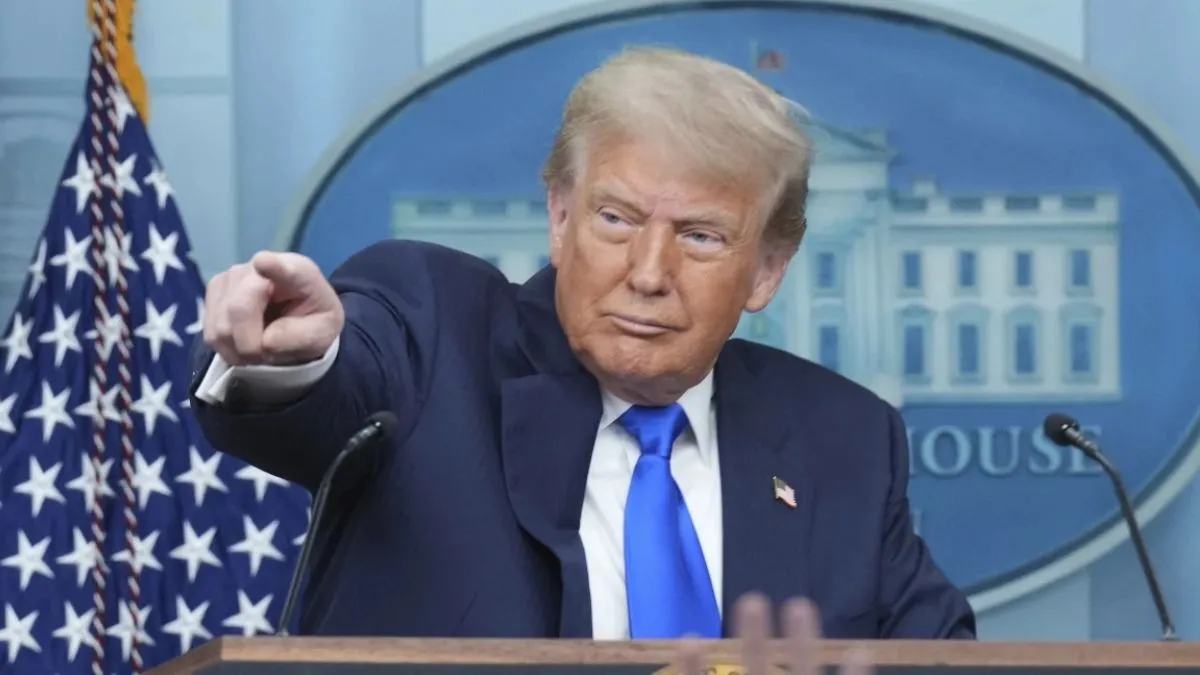Trump Flexes Financial Muscle: New Act to Safeguard US Dollar's Reign in the Digital Age – A Warning to BRICS?

Former U.S. President Donald Trump has sent a clear message to the BRICS nations and the global financial landscape with the signing of a groundbreaking piece of legislation – the “Responsible Financial Innovation Act” (often referred to as the GENIUS Act). This move is widely interpreted as a strategic maneuver to solidify the U.S. dollar's dominance in the burgeoning digital finance era and preemptively counter potential challenges from alternative currencies and financial alliances.
The GENIUS Act represents a significant step towards establishing clear regulatory frameworks for stablecoins, a crucial component of the cryptocurrency ecosystem. By providing a defined legal structure, the Act aims to foster innovation while simultaneously mitigating risks associated with these digital assets. It essentially sets the stage for a controlled and regulated environment where U.S.-backed stablecoins can thrive, bolstering confidence in the dollar’s stability and usability in digital transactions.
A Direct Challenge to CBDCs? Perhaps the most assertive aspect of Trump’s stance is his vocal opposition to Central Bank Digital Currencies (CBDCs). He has repeatedly expressed concerns about government control and potential privacy implications associated with CBDCs, vowing to actively block their implementation in the United States. This position positions the U.S. in direct contrast to several nations, including those within the BRICS coalition (Brazil, Russia, India, China, and South Africa), who are actively exploring or piloting CBDCs as a means to modernize their financial systems and potentially reduce reliance on the U.S. dollar.
Why the BRICS Warning? The BRICS nations have been steadily working towards de-dollarization – reducing their dependence on the U.S. dollar in international trade and financial transactions. They’ve explored alternative payment systems, promoted the use of their own currencies, and sought to create a parallel financial infrastructure. Trump’s actions can be viewed as a strong signal that the U.S. is not willing to cede its financial leadership and will actively defend the dollar's position. The GENIUS Act isn't merely about regulating stablecoins; it’s a declaration of intent – a message to BRICS and the world that the U.S. intends to remain at the forefront of the digital finance revolution, with the U.S. dollar firmly at its core.
Securing America’s Crypto Leadership Beyond the geopolitical implications, the GENIUS Act also aims to solidify America’s position as a global leader in the cryptocurrency space. By creating a clear and predictable regulatory environment, the Act seeks to attract investment, encourage innovation, and foster the growth of a vibrant U.S. crypto industry. This could lead to the development of cutting-edge blockchain technologies, innovative financial products, and a surge in job creation within the sector.
The Road Ahead The long-term impact of the GENIUS Act remains to be seen. It will undoubtedly be subject to legal challenges and further refinement as the digital finance landscape continues to evolve. However, one thing is clear: Trump's actions have ignited a new chapter in the global financial power struggle, with the U.S. and the BRICS nations locked in a battle for dominance in the digital age. The coming years will be crucial in determining which financial systems and currencies ultimately prevail.






